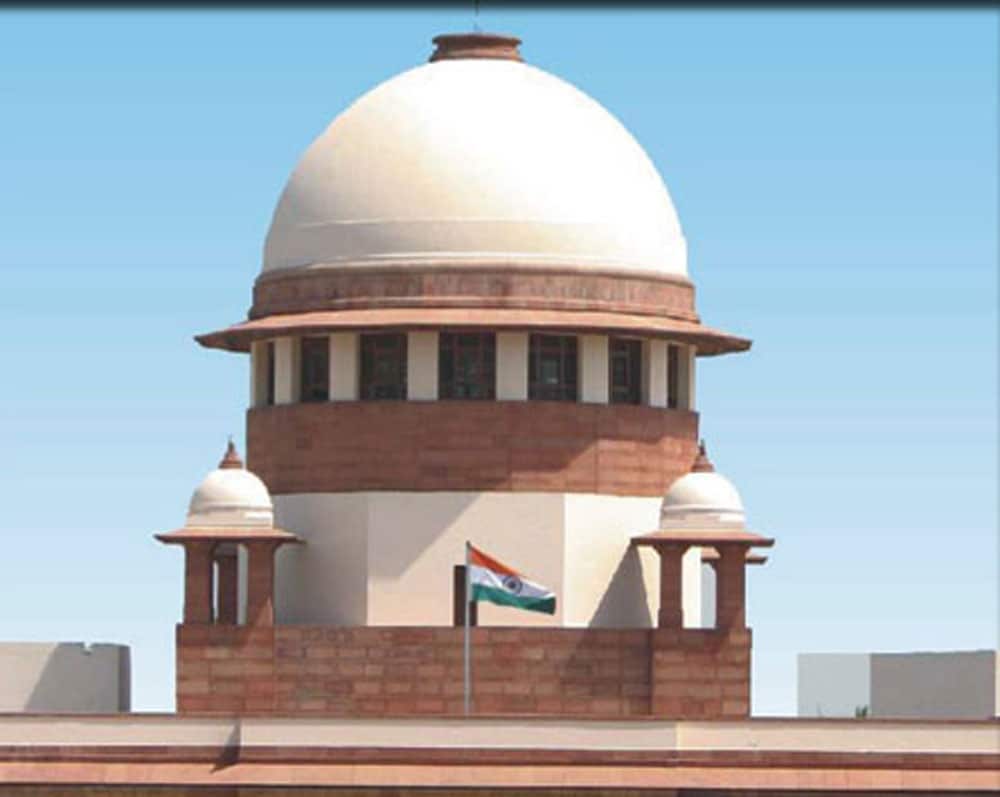The Supreme Court observed that the power under Section 319

The Supreme Court observed that the power under Section 319 of the CrPC should be exercised only when strong and cogent evidence occurs against the person from the evidence.
Ramesh Chandra Srivastava v. State of UP
The Division Bench comprising of Justice KM Joseph and Justice PS Narasimha reiterated that the power under Section 319 CrPC cannot be exercised in a casual and cavalier manner. The test to be applied is one that is more than prima facie case which is applied at the time of framing of charge.
In this case, the Trial Court allowed the application to be filed under section 319 of CrPC upon deposition made by a witness and summoned the employer of the deceased. The High Court upheld the order of the Trial Court. Aggrieved to which the appellant contended in the Supreme Court that the court invoking power under section 319 of CrPC is solely based upon the deposition made by the witness.
The Bench of Apex Court referred to the judgments in Hardeep Singh v. State of Punjab (2014) and Labhuji Amratji Thakor v. State of Gujarat observing that the deposition that has not gone through cross-examination can be relied on for the purpose of invoking Section 319 CrPC.
The court opined that it is relevant to note the standards which have been fixed by this Court for invoking the power under Section 319 CrPC. The statement of law in this regard is contained in paragraphs 105 and 106 of the Hardeep Singh Case.
Parah. 105: Power under Section 319 Cr.P.C. is a discretionary and extraordinary power. It is to be exercised sparingly and only in those cases where the circumstances of the case so warrant. It is not to be exercised because the Magistrate or the Sessions Judge is of the opinion that some other person may also be guilty of committing that offence. Only where strong and cogent evidence occurs against a person from the evidence led before the court that such power should be exercised and not in a casual and cavalier manner.
The court said that the exercise of power under Section 319 CrPC will all depend upon the evidence which is tendered in a given case as to whether there is a strong ground within the meaning of paragraph 105.
Therefore, the court allowed the appeal and directed the Trial Court to consider the matter afresh in regards to the principles contained in paragraphs 105 and 106 of the Hardeep Singh case.





